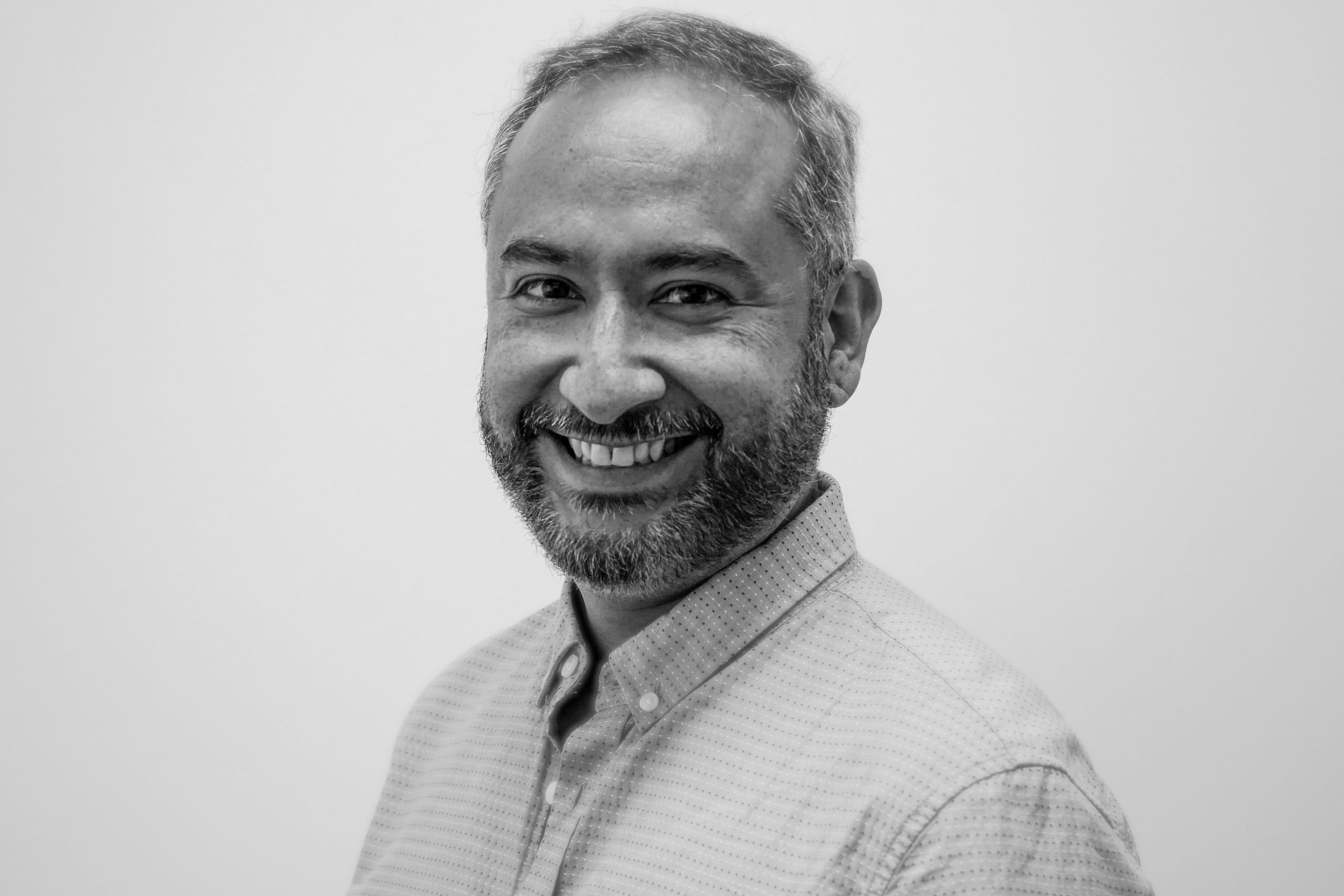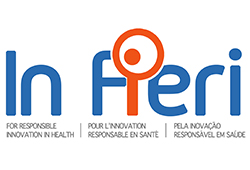This project aims to clarify the conditions under which social finance provides high-impact enterprises with the resources they need to design, develop and commercialize RIH on a larger scale.
This project involves two sequential data collections. First, social finance experts working in Quebec, Ontario, and the State of Sao Paulo will be recruited to participate in semi-structured interviews. The purpose of the interviews will be to clarify the conditions under which social finance provides innovative enterprises with the resources they need to design and commercialize RIH, the impact measures used to assess their social, economic or environmental impacts, and the milestones that are appropriate for monitoring their progress over the investment life cycle.
Approximately 5 participants per geographical region will be recruited on the basis of their expertise in the field of social finance. Inclusion criteria include: 1) five or more years of experience in the field; and 2) involvement in the full life cycle of an investment (file assessment, project management and “exit”). Diversification criteria include the profile of the investment portfolio for which the respondent is responsible (e.g., more social or technological innovations, health or environmental sector) and the degree of responsibility of the position the respondent holds (senior partner, senior advisor, advisor).
Subsequently, more international social finance experts will be invited to participate in a two-round Delphi prioritization exercise that will take place on a secure web-based platform. The study will build on the results of the interviews. First, the experts will be invited to assess, through a series of closed-ended questions, the level of importance of the resources and conditions that will have been identified through the interviews as being particularly conducive to the design, development, and commercialization of RIH. Free-text response fields will allow them to share comments and propose additional resources or conditions they consider important. In Round 2, the experts will receive the results of the previous round and will be asked to comment on the level of feasibility associated with each of the resources and conditions identified and the risk mitigation strategies they consider appropriate.
Up to 75 participants will be recruited on a non-probability basis to participate in both rounds. Inclusion criteria include mastery of the topic, interest and availability to participate in the study. Diversification criteria include gender, geographic location (to cover five continents) and years of experience. The participation of each expert will be confidential, and the composition of the group will not be revealed to participants.
Project Lead: Hudson Silva


